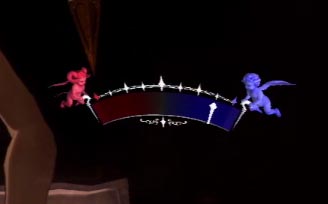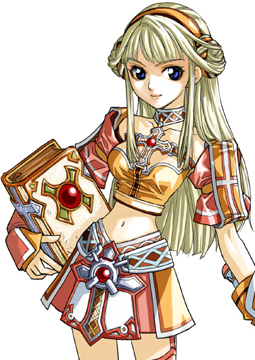The following post contains spoilers for Episode One of Telltale Games’ The Walking Dead video game.
Telltale Games’ The Walking Dead uses moral choice better than any other game I know. Its system encourages fast, critical thinking that does not bind the player’s choices (psychologically of course, not physically) with the labels of “good” or “evil.”
Instead, every option appears in white text, and most of the time they are all equally valid, grey choices. There is no clear right or wrong, which gives the player the freedom to choose based solely on their opinion, rather than a game’s pre-defined morality.
Now of course, that isn’t to say that games such as Mass Effect, Catherine, and inFAMOUS have no sense of freedom. Players are always free to make the decisions they feel are right, but the mechanics of these games, the morality meters, discourage players from varying up their choices, albeit unintentionally. These mechanics also tell the player exactly how the game will perceive them, as either one side of the bar or the other.

Source: http://gamedesignreviews.com/scrapbook/choiceincatherine/
The chaos vs order meter in Catherine grants the player immediate consequence for their actions, making it easy for someone to quit the game, reload, and make a new choice.
But in The Walking Dead, which has no morality meter, a player can make all of their decisions based on pure opinion alone. If the player wants to save one character over another during a zombie raid, there is nothing stopping them from making what they deem is the most logical choice, no loss of points, no sudden shift in morality.

Source: http://www.giantbomb.com/news/the-walking-deads-faces-of-death-part-1/4335/
In a critical moment, the player must decide between two equally valid choices, to save either Carley or Doug.
Players choose not based on which character boosts their morality meter, but which one can help most in a zombie apocalypse. That simple fact grants more meaning and engagement in the player’s decisions.
Now granted, not every decision in The Walking Dead works out the way a player might think. There are plenty of moral choices that end up doing nothing, or series of choices that lead to the same result. But despite those missteps, those clear illusions of choice, The Walking Dead still has the most in-depth, open, engaging moral choice system in gaming.







